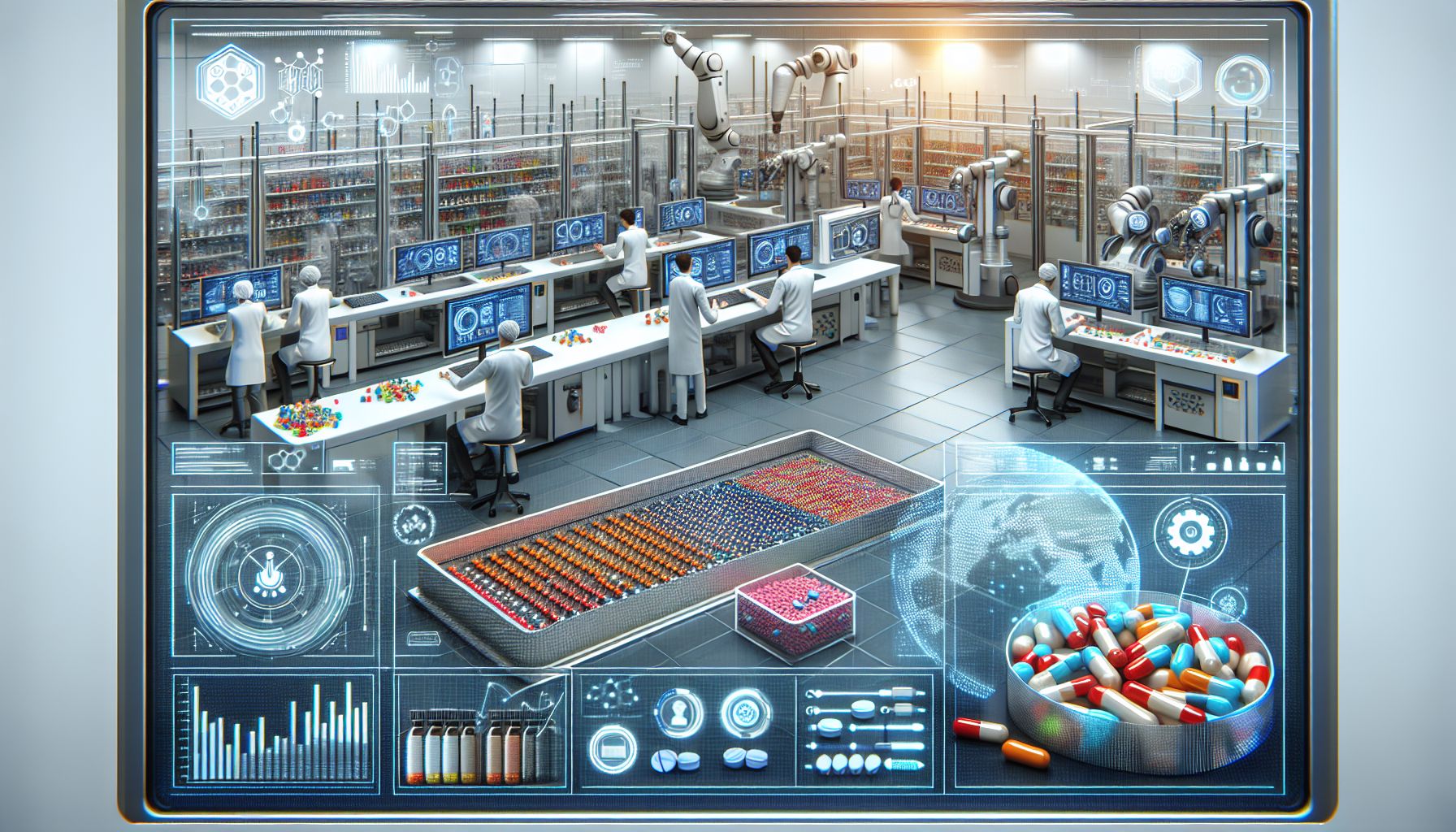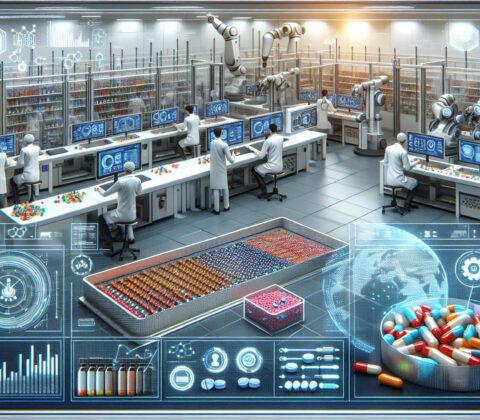

The Integration of Technology in Pharmaceutical Products
In recent years, the pharmaceutical industry has seen a significant shift towards the incorporation of technology into drug development and manufacturing processes. This integration of technology has not only streamlined production but has also led to the development of more effective and targeted pharmaceutical products.
One of the most notable advancements in technology within the pharmaceutical industry is the use of artificial intelligence (AI) and machine learning algorithms. These tools have revolutionized the drug discovery process by analyzing vast amounts of data to identify potential drug candidates much faster than traditional methods. This has significantly reduced the time and cost associated with bringing new pharmaceutical products to market.
In addition to AI, the use of 3D printing technology has allowed for more personalized and precise drug delivery systems. By creating customized dosage forms, pharmaceutical companies can tailor treatment plans for individual patients, leading to better outcomes and reduced side effects. 3D printing has also enabled the creation of complex drug formulations that were previously impossible to manufacture using traditional methods.
Furthermore, the Internet of Things (IoT) has played a crucial role in ensuring the quality and safety of pharmaceutical products. By incorporating sensors and monitoring devices into the manufacturing process, companies can track and analyze real-time data on temperature, humidity, and other variables that can impact product integrity. This level of monitoring has helped to reduce the occurrence of product recalls and enhance overall quality control.
With the rise of telemedicine and digital health platforms, pharmaceutical companies are also exploring new ways to deliver medication and treatment directly to patients. By leveraging technology, companies can provide remote monitoring and support to patients, ensuring they are adhering to their treatment plans and experiencing positive outcomes. This approach not only improves patient compliance but also leads to better overall health outcomes.
In conclusion, the integration of technology in pharmaceutical products has revolutionized the industry, leading to faster drug discovery, personalized treatment options, improved quality control, and enhanced patient care. As technology continues to advance, we can expect to see even more innovative products and solutions that will further improve the way we develop and deliver medications to patients. It is an exciting time for the pharmaceutical industry, and the possibilities for the future are endless.
Comments are Disabled